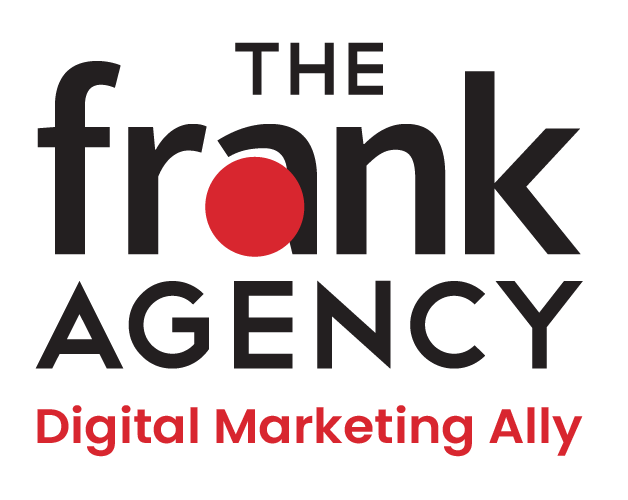Understanding Direct Marketing:
Direct marketing is a promotional method that involves businesses communicating directly with their target audience to promote products or services. It aims to establish direct communication channels between the business and potential customers, bypassing intermediaries.
Benefits of Direct Marketing:
Direct marketing offers several key benefits for businesses:
- Targeted Reach: Direct marketing allows businesses to reach specific individuals or groups who are more likely to be interested in their offerings, increasing the chances of conversion.
- Immediate Response: This approach seeks to generate an immediate response or action from the audience, facilitating faster sales or lead generation.
- Personalized Communication: Direct marketing enables personalized communication, allowing businesses to tailor messages and offers to individual preferences and needs.
- Measurable Results: By tracking and analyzing responses, businesses can measure the effectiveness of their direct marketing campaigns and make data-driven improvements.
Channels of Direct Marketing:
Direct marketing utilizes various channels to connect with the target audience:
- Email Marketing: Sending targeted email campaigns to prospects or existing customers, promoting products, and driving engagement.
- Direct Mail: Mailing physical marketing materials such as catalogs, brochures, or postcards directly to individuals’ mailboxes.
- Telemarketing: Engaging potential customers through phone calls to convey product information, address queries, or generate leads.
- Targeted Advertising: Displaying ads to specific audiences based on demographics, interests, or behavior, ensuring relevant reach.
- SMS Marketing: Sending targeted text messages to mobile phones to provide offers, updates, or personalized promotions.
Effective Direct Marketing Strategies:
To maximize the impact of direct marketing, consider implementing the following strategies:
- Define Target Audience: Clearly identify and understand your target audience to tailor your messaging and offers effectively.
- Data-driven Segmentation: Divide your target audience into segments based on demographics, interests, or behavior to deliver more personalized campaigns.
- Compelling Call-to-Action: Create clear and compelling calls-to-action that motivate recipients to take immediate action, such as making a purchase or signing up for a newsletter.
- Personalization and Customization: Use customer data to personalize messages, addressing recipients by name and offering relevant product recommendations.
- Test and Optimize: Continuously test different approaches, channels, and offers, analyzing results to optimize future direct marketing efforts.
Compliance and Customer Privacy:
When engaging in direct marketing, it is essential to comply with relevant laws and regulations regarding customer privacy and data protection. Obtain appropriate permissions, provide opt-out options, and handle customer data responsibly to maintain trust and enhance the effectiveness of your campaigns.


